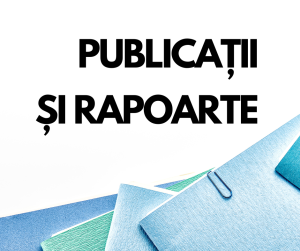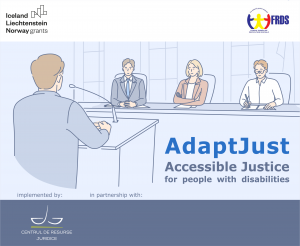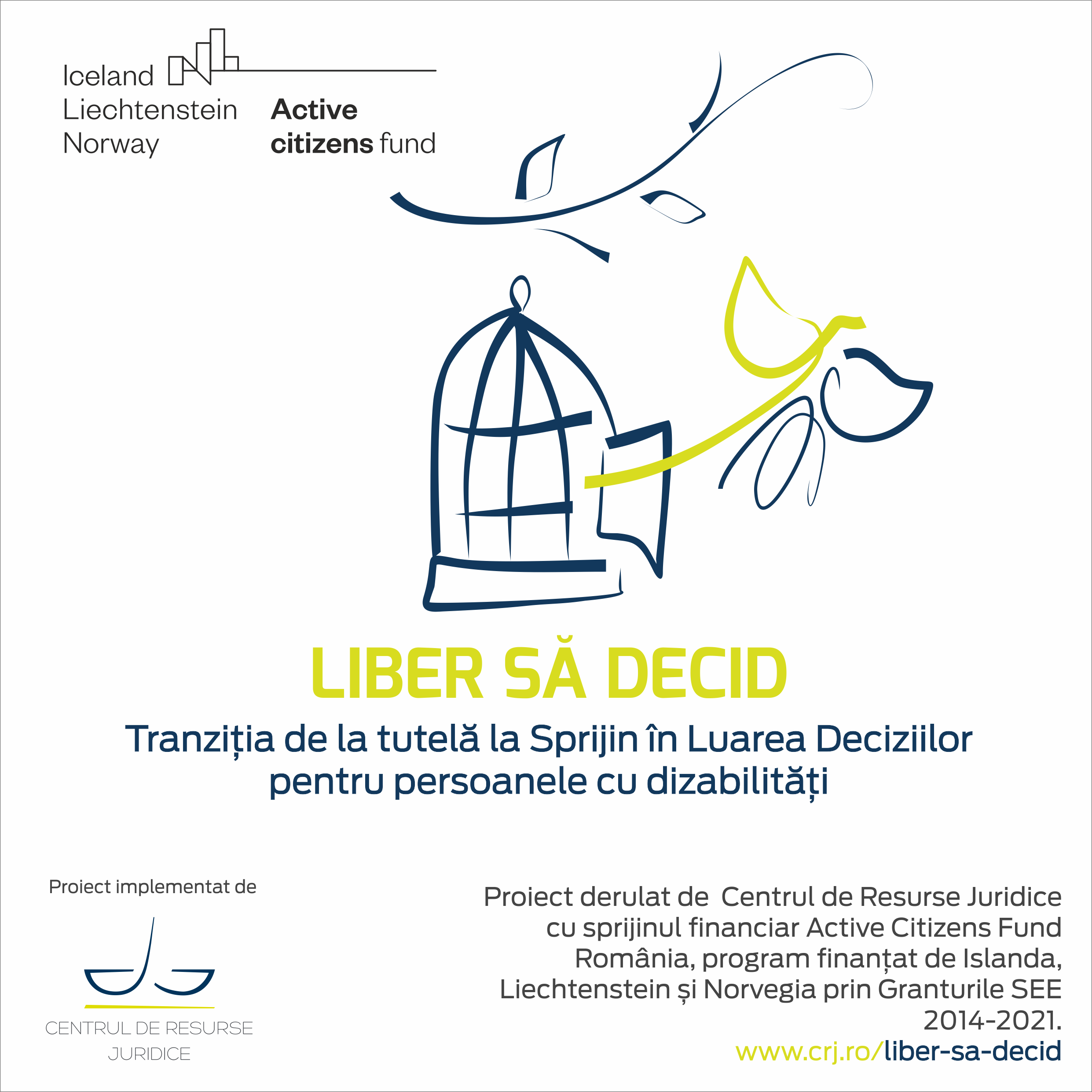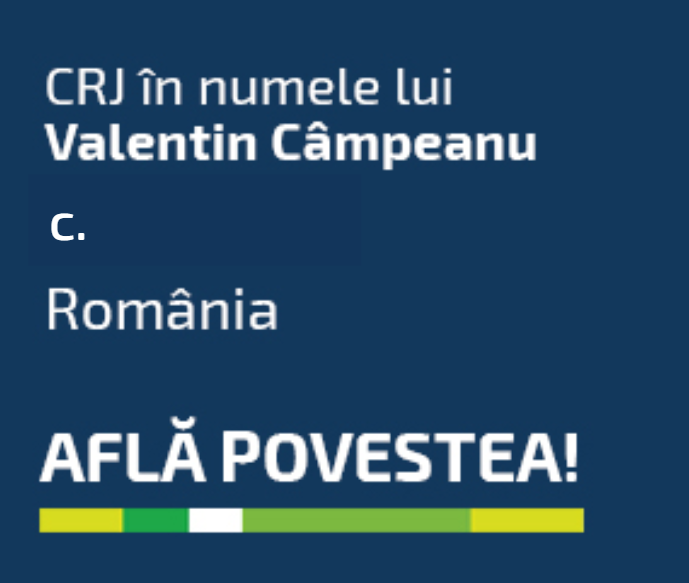L.E.: UBB decided in the Bode case that his thesis “is deeply flawed” (shorturl.at/fqZ01). So how is it possible to correct it, in UBB’s view? The decision has implications for ethics, not law. Will Mr. Bode still be minister?
Finally, there’s the beginning of a clean-up in academia. But to bear fruit, it needs to be carried through where necessary. For example, the CCR, by Decision No 364/2022, declared the Article 170 paragraph (1) letter (b) of the National Education Law No 1/2011 unconstitutional, that is, it found that it is not possible to withdraw a PhD title if it has entered the civil circuit, but the remaining paragraphs remain in force and read as follows:
(1) In the event of failure to comply with the quality or professional ethics standards, the Ministry of Education, Research, Youth and Sport, on the basis of external evaluation reports drawn up, as appropriate, by the CNATDCU, the CNCS, the University Ethics and Management Board or the National Council for Ethics in Scientific Research, Technological Development and Innovation, may take the following measures, alternatively or simultaneously: a) withdrawal of the status of PhD supervisor; c) withdrawal of the PhD school’s accreditation, which implies the withdrawal of the PhD school’s right to hold an admission competition for the selection of new PhD students.
(2) The reaccreditation of the PhD school can be obtained at least 5 years after the loss of this status, only after the reaccreditation process, according to Article 158.
(3) The reaccreditation as a PhD supervisor can be obtained at least 5 years after the loss of this status, at the proposal of the IOSUD, on the basis of an internal evaluation report, whose assessments are validated by an external evaluation carried out by the CNATDCU. The positive results of these procedures are necessary conditions for approval by the Ministry of Education, Research, Youth and Sport.
(4) The PhD supervisors are evaluated every 5 years. The evaluation procedures are established by the Ministry of Education, Research, Youth and Sport, on the proposal of the CNATDCU.
Will the UBB continue the approach it has started? Because if we stop here, it’s as if we haven’t started anything.
Plagiarized Romania – the case of Mr. Bode
Motto: It’s time for Romanian universities to clean up their own backyards
If the Babeș-Bolyai University Ethical Board was able to analyze Mr. Bode’s PhD thesis in October 2022, it seems that, in the Minister’s opinion, the same board no longer has the legal ability to analyze, on the basis of new information, the same PhD thesis. The mild verdict given by this committee while a new analysis, made by the same committee but using international experts this time, is suddenly unlawful and requires court intervention.
According to Hotnews, the PNL has scored the party’s public communication on Minister Bode’s PhD thesis.
The scorecard reads as follows:
1. “Mrs. Sercan has launched unfounded accusations, without a minimum of specialized training in the field of security studies and international relations or in the field of energy security. She can be anything but objective”.
Plagiarism is plagiarism. You don’t need specific studies to notice that a text is taken without citation, without indication of source, as the PhD student’s original. It’s a misconception designed to undermine her research. It does not follow why Mrs. Sercan cannot be objective, especially as a comparison of 2 pages to see if they are similar or even identical is a purely objective action.
2. “The presumption of impartiality that any journalist should have fails in this case, because Emilia Sercan is the author of some complaints against Minister Bode and clearly cannot be suspected of the best intentions.”
Therefore, if someone makes a referral to a senior government official, he or she cannot be suspected of good intentions and is therefore malicious. The person has something to do with the official, there are hidden interests! So, citizens, do not make complaints, do not make referrals about high state officials, because you are bad-intentioned! Let them govern “for you”, don’t bother them, they know what they are doing!
3. “Moreover, according to the National Education Law 1/2011, the Ethics Board can only carry out such checks with regard to members of the university community, as defined by law, a community of which the Minister is not a member.”
Article 164 of the National Education Law no. 1/2011 states in paragraph 1 that:
During the course of doctoral studies, the person enrolled in the study program has the status of doctoral student. (…)
Then, the article 127 of the same law, defines the university community (paragraph 1), as well as the obligations of those who are part of it (paragraph 3), as follows:
The university community consists of students, teaching and research staff and teaching and auxiliary research staff.
Members of the university community have the rights and duties established by the legal regulations in force and by the University Charter.
The Minister is not currently part of the academic community. But he was part of it as a PhD student. To say that a student is part of the community but a PhD student is not is ridiculous. As such, the Minister is subject to the standards of professional ethics laid down by law and the University Charter specific to the time when he completed his work.
4. In addition, there is the CCR decision no 364/2022 which is very clear and generally binding and which says that once a thesis has successfully passed the evaluation of the doctoral committee and has been validated by the CNATDCU – as is the case of Mr. Bode’s thesis – it can no longer be re-examined. There is no legal basis for this.
Even if the Decision no. 364/2022 of the CCR (for which we deeply disagree) no longer allows the withdrawal of the doctorate as a sanction for deviations from academic standards, nothing prevents the UBB Ethics Board from carrying out such an approach, either this one only with a potential moral consequence.
As the Ethics Board has previously only analyzed fragments claimed to be plagiarized, and other information has subsequently come to light, such as the PNL score referring to the “UBB coat of arms” as well as the fact that “Minister Bode has always shown openness to clarify any issue related to the doctoral thesis”, what could be more honorable for Mr. Bode than the verification of his doctoral thesis (taking into account his expertise, also included in the score) by a prestigious university that has co-opted two experts of great academic value.
As the Ethics Commission previously analyzed only fragments claimed as plagiarism, later other information appeared, such as the PNL score referring to the “UBB coat of arms” as well as the fact that “Minister Bode always showed openness to clarify any aspect related to the thesis of Doctorate”, what could be more honorable for Mr. Bode than to have his PhD thesis checked (taking into account His Lordship’s expertise, also included in the score) by a prestigious university that has co-opted two experts of great academic value?
Essentially, the Minister’s behavior and the score in the media do a great disservice to Mr. Bode personally and to his party in general. But, most seriously, this score does a great disservice to democracy in Romania by continuing to harass journalist Emilia Sercan while failing to deal with her complaints to the public prosecutor’s office.
The trend of intimidating voices critical to the ruling parties is gaining momentum. It began during the pandemic and has continued over the past year with the harassment of inconvenient journalists, the dissolution of NGOs that mess up real estate deals and Mr. Fenechiu’s “innovative” law proposals, which make members of the boards of NGOs financially liable if they agree to “unspeakable” business disputes.
We will return with point-by-point explanations regarding serious deviations from democratic standards consistently occurring in 2022.






